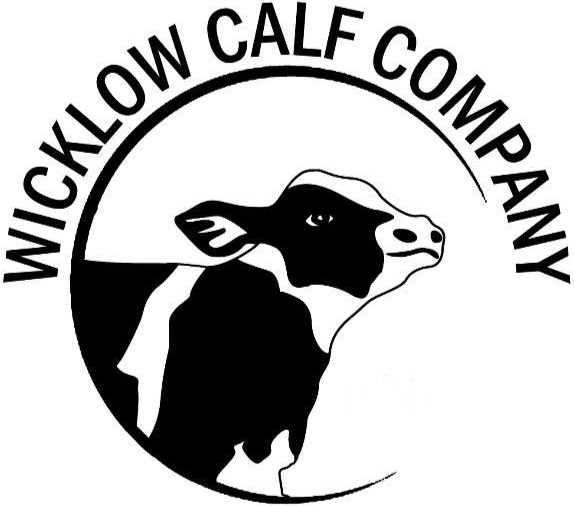What does the Programme for Government say about live exports?
What does the Programme for Government say about live exports?
There has been a great deal of discussion during recent weeks and months over what the fate of live exports would be in the Programme for Government, with concerns that live exports would be curtailed or even banned outright.
Farmers will be relieved that those concerns were not realised in the Programme for Government when it was released earlier this week. Not only does the document not mention any curtailment of live exports, but in fact highlights the importance of the trade to the agriculture sector.
“We acknowledge the income pressure that beef farmers are under and the role live exports play in this price competition,” the document says.
However, the next government is set to take some measures to improve animal welfare standards in the live trade.
“Recognising the importance of animal welfare, the new government will provide additional resources to monitor welfare standards by increasing the veterinary presence available on all live export consignments to third [non-EU] countries,” the programme outlines.
“We will vigorously pursue value-enhancing alternative market avenues,” the three parties (Fianna Fáil, Fine Gael and the Green Party) agreed.
Food Ombudsman
Turning to other key points included in the Programme for Government where agriculture is concerned, the document outlines a plan to establish a National Food Ombudsman (NFO).
“We will…ensure fairness, equity and transparency in the food chain by establishing a new authority called the National Food Ombudsman,” the programme says.
The role of the NFO will be to enforce the EU’s Unfair Trading Practices (UTP) Directive.
This new authority will enforce EU-wide rules on prohibited unfair trading practices in the food supply chain and will have powers to enforce this directive, penalising those who breach regulations.
The NFO will have a specific role in analysing and reporting on price and market data in Ireland, according to the document.
Appeals Panel
Staying with the agri-food policy section of the document, it also outlines that the parties intend to set up an ‘Independent Agriculture Appeals Review Panel’ as “a priority”.
This panel would include participants with “practical knowledge” and experience of farming.
Young Farmers
The Programme for Government also outlines actions to be taken for young farmers, saying: “The generational nature of Irish farming must be nurtured and protected, while providing opportunities for new farmers and producers to enter the sector in a financially viable way.”
Some actions for young farmers outlined in the document include:
Investing further in the next generation of farmers under the new Common Agricultural Policy (CAP) to encourage generational change and land mobility to young trained farmers;
Continuing to prioritise access to entitlements for young farmers under the national reserve;
Ensuring an increased emphasis on education in sustainability, climate action and biodiversity;
Examining how other countries have supported young farmers;
Seeking to resolve the issue of support for ‘forgotten farmers’.
Article written by Charles O’Donnell , Agriland
